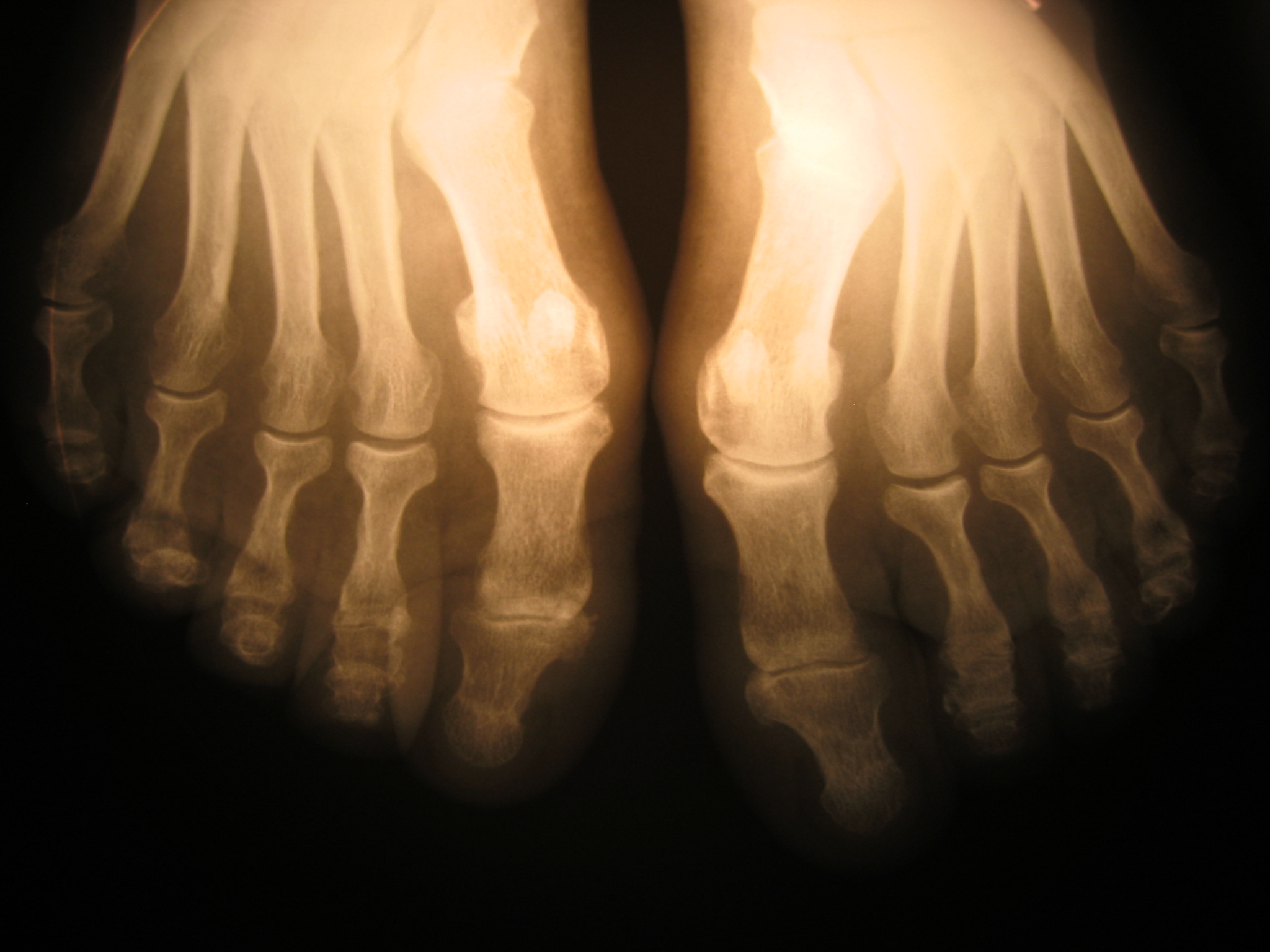
THURSDAY, April 4 (HealthDay News) — Chronic pain occurs often among people who have suffered the most common form of stroke, a new study finds.
The finding pertains to ischemic strokes, which occur when an artery supplying blood to the brain becomes blocked. According to the American Stroke Association, these types of brain attacks make up 87 percent of all strokes.
The study also found that patients with chronic pain — which may not begin until months after a stroke — are more likely to have physical and mental disabilities.
Researchers examined data from more than 15,000 people who survived mild to moderate ischemic strokes and were followed for an average of 30 months. Of those patients, nearly 11 percent developed chronic pain.
Of the 1,665 survivors who developed chronic pain, 431 (about 3 percent) had central stroke pain. This is due to stroke-related brain injury that causes touch, temperature or other sensations to be felt as pain. Previous research has shown that central stroke pain may not appear until many months after a stroke.
Among the other findings:
- 238 (1.5 percent) of the patients had pain from a peripheral neuropathy. This is tingling, burning or shooting pain caused by damage to nerves outside the brain and spinal cord.
- 208 (1.3 percent) of the patients had pain from continuously tight or stiff muscles.
- 136 (0.9 percent) had shoulder pain caused by stroke-related muscle weakness or tightness and stiffness.
- 86 (0.6 percent) patients had more than one type of pain, and 739 (4.7 percent) reported other causes of pain, or had unclassified pain syndromes.
Significant risk factors for chronic pain included more severe stroke, being female, drinking more alcohol, recent symptoms of depression, diabetes, and disease of blood vessels that supply blood to the legs.
Compared to those with no pain, patients with chronic pain were more than twice as likely to become more dependent. The investigators also found that patients with non-central causes of pain were more likely to suffer declines in mental abilities, according to the study appearing April 4 in the journal Stroke.
“We suspect that some of the association between chronic pain and decline in cognitive [mental] test performance may be related to the use of medications to treat pain, but this was not evaluated in our study,” lead author Dr. Martin O’Donnell, a professor of translational medicine at the National University of Ireland and an associate clinical professor at McMaster University in Canada, said in a journal news release.
“Our study emphasizes the importance of evaluating [ways] to prevent post-stroke pain in high-risk individuals,” he added.
More information
The U.S. National Institute of Neurological Disorders and Stroke has more about stroke.

